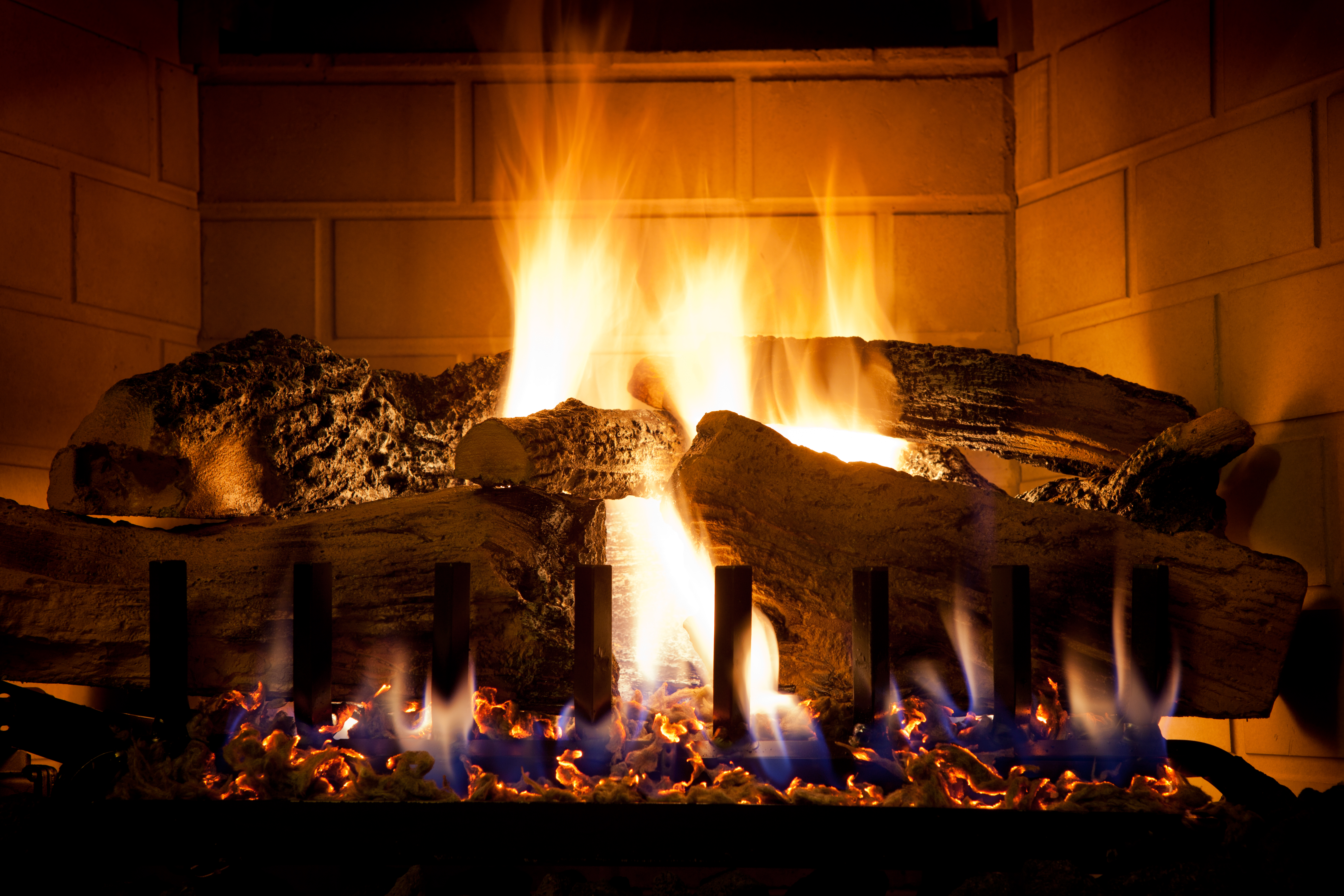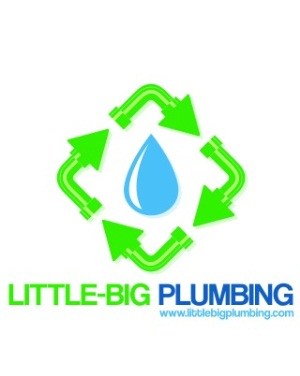
Get matched with top gas log pros in Waimanalo, HI
Enter your ZIP and get matched with up to 5 pros
Need a pro for your gas log service project in Waimanalo, HI?
Verified Reviews for Gas Log Service pros in Waimanalo, HI
*The Angi rating for Gas Log Service companies in Waimanalo, HI is a rating based on verified reviews from our community of homeowners who have used these pros to meet their Gas Log Service needs.
*The HomeAdvisor rating for Gas Log Service companies in Waimanalo, HI is a rating based on verified reviews from our community of homeowners who have used these pros to meet their Gas Log Service needs.
Last update on December 08, 2025
Find Gas log pros in Waimanalo

Little Big Plumbing LLC
Little Big Plumbing LLC
We are license, bonded, and insured with over 15 years experience in all aspects of plumbing. We take pride in our work and it shows. Please don't hesitate to call. It is the little things that make the big difference. SECOND LINE IS FOR EMERGENCIES ONLY.
We are license, bonded, and insured with over 15 years experience in all aspects of plumbing. We take pride in our work and it shows. Please don't hesitate to call. It is the little things that make the big difference. SECOND LINE IS FOR EMERGENCIES ONLY.
The homeowners guide to home care is here
From average costs to expert advice, get all the answers you need to get your job done.

If you’ve ever tried moving a pool table, you know it’s a big undertaking. Here’s an overview of what factors into the cost to move a pool table.

This guide breaks down the factors that influence how much it costs to move a bed frame, including frame size, weight, and distance of the move.

How much does it cost to move out of state? The answer depends on the size of your home, the distance of your move, and other factors.
Some days work better than others when it comes to moving to a new home. Consider these factors when planning your moving date.

The number of boxes you need to move depends on how many items you have and the type of stuff it is. Here’s how to figure it all out so you can plan your move perfectly.

No matter how close or far your new home is, you should never pack important documents with other items during a move. Here are some tips to keep them safe.
- Electrical in Waimanalo
- Plumbing in Waimanalo
- Lawn And Yard Work in Waimanalo
- Kitchen And Bath Remodeling in Waimanalo
- Fencing in Waimanalo
- Roofing in Waimanalo
- Mailbox Repair in Waimanalo
- Cleaning in Waimanalo
- Solar Panels in Waimanalo
- Home Builders in Waimanalo
- Window Cleaning in Waimanalo
- Concrete Driveways in Waimanalo
- Tree Service in Waimanalo
- Screen Repair in Waimanalo
- Carpet Cleaning in Waimanalo
- Home Inspection in Waimanalo
- Moving in Waimanalo
- Landscaping in Waimanalo
- Garbage Collection in Waimanalo
- Septic Tank in Waimanalo
- Concrete Repair in Waimanalo
- Handyman Service in Waimanalo
- Driveway Gates in Waimanalo
- Mold Testing And Remediation in Waimanalo
- Garage Doors in Waimanalo
- Sunroom And Patio Remodeling in Waimanalo
- Dumpster Rental in Waimanalo
- Upholstering in Waimanalo
- Architects in Waimanalo
- Deck Maintenance in Waimanalo
- 🌱 "Mow a small front yard"
- 🛠 "Fix a leaking pipe under the sink"
- 🏠 "Repair shingles on an asphalt roof"


